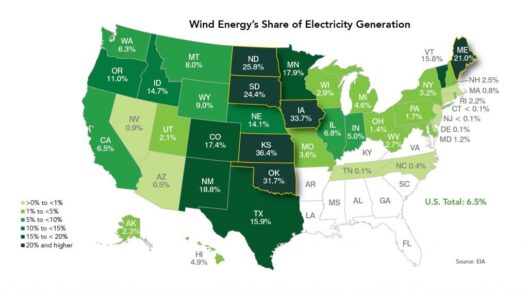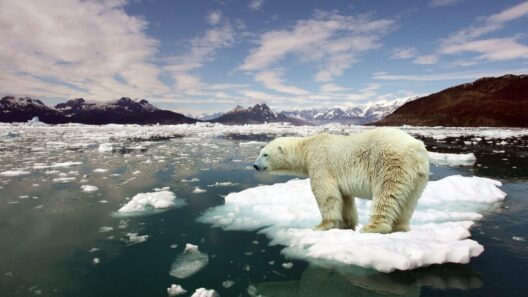Global warming, a term that reverberates throughout scientific discussions and environmental policy agendas, is increasingly being acknowledged as a phenomenon with profound implications for our planet’s future. Central to this discourse is a contentious question: Is global warming caused by humans? A multitude of studies, expert panels, and environmental organizations converge on one key assertion: human activity plays a significant role in the escalating temperatures of the earth. This article endeavors to explore the intricate tapestry of human influences on climate change, delving into historical context, scientific evidence, socio-economic factors, and potential solutions.
Understanding the Mechanisms of Climate Change
To grasp the intricate relationship between human activity and climate change, it is imperative first to understand the fundamental principles of climate science. At its core, global warming refers to the gradual increase in the Earth’s average surface temperature, primarily due to heightened concentrations of greenhouse gases (GHGs) in the atmosphere. The most prevalent of these gases include carbon dioxide (CO2), methane (CH4), and nitrous oxide (N2O), which trap heat from the sun, creating a warming effect known as the greenhouse effect.
Natural processes, such as volcanic eruptions and variations in solar radiation, can influence the earth’s climate. However, since the late 18th century, particularly with the onset of the Industrial Revolution, human activities have released unprecedented amounts of GHGs into the atmosphere. The combustion of fossil fuels for energy, deforestation, and industrial processes have considerably accelerated this trend, correlating markedly with rising global temperatures. This relationship is not merely circumstantial; extensive scientific research unambiguously indicates that the average global temperature has increased by approximately 1.2 degrees Celsius since the late 19th century, primarily due to anthropogenic emissions.
The Irrefutable Evidence: A Climate in Crisis
Numerous studies underscore the indubitable influence of human activities on climate change. According to the Intergovernmental Panel on Climate Change (IPCC), a consortium of climate scientists tasked with synthesizing climate data, there is overwhelming evidence that more than half of the increase in global temperatures since the mid-20th century can be attributed to human activities. The scientific community employs robust statistical models to project future climate scenarios, consistently illustrating that without immediate and substantial reductions in GHG emissions, the planet is likely to witness increasingly severe climate-related phenomena.
Extreme weather events, such as hurricanes, droughts, floods, and heatwaves, are becoming more frequent and intense, serving as stark reminders of the impacts of climate change. The economic costs of these disasters are colossal, affecting infrastructure, agriculture, and public health. Furthermore, the melting of polar ice caps and the subsequent rise in sea levels pose dire threats to coastal communities. The convergence of environmental, economic, and social challenges may culminate in what experts refer to as climate refugees—people forced to migrate due to climate-induced habitat loss, thereby exacerbating global inequalities.
The Socio-Economic Fabric: Examining Human Impact
The human footprint on the environment extends beyond carbon emissions; socio-economic factors intricately weave into the narrative of climate change. Industrialization has often prioritized economic growth over environmental sustainability. This approach, while leading to remarkable advancements in technology and quality of life for many, has further entrenched reliance on fossil fuels, resulting in intensified environmental degradation.
Additionally, agriculture—an essential sector for food production—has undergone significant transformation, shifting towards practices that are not only resource-intensive but also detrimental to the ecosystem. The extensive use of fertilizers and pesticides has escalated nitrous oxide emissions and contributed to soil degradation. Unsustainable land use practices, including deforestation for agricultural expansion or urban development, compound these challenges, further enhancing the greenhouse effect.
However, it is crucial to recognize that not all regions bear the same responsibilities or impacts regarding climate change. While industrialized nations have historically contributed most of the greenhouse gas emissions, developing countries often face the brunt of its consequences. This discrepancy points to the pressing need for equity in climate action and support for vulnerable populations, emphasizing a collective responsibility that transcends borders.
Charting the Path Forward: Solutions on the Horizon
Addressing global warming necessitates comprehensive, multidisciplinary strategies that encompass technological innovation, policy reform, and public engagement. Transitioning to renewable energy sources, such as solar, wind, and hydroelectric power, is imperative for curbing fossil fuel dependency. Governments worldwide must establish robust frameworks that incentivize green technologies while phasing out environmentally harmful practices.
In addition to advancing cleaner energy solutions, enhancing energy efficiency across various sectors can significantly mitigate emissions. Public transportation systems, urban planning, and building designs must incorporate sustainability principles to reduce reliance on carbon-intensive modes of transport and lifestyles.
Furthermore, reforestation and afforestation initiatives present vital opportunities to absorb atmospheric CO2. Protecting existing forests and restoring degraded ecosystems can strengthen biodiversity while contributing to climate resilience. Education and awareness campaigns also play a crucial role in fostering environmental stewardship among communities, empowering individuals to adopt sustainable practices in their daily lives.
In conclusion, the evidence supporting human-induced global warming is both compelling and alarming. As the world grapples with the multifaceted impacts of climate change, the imperative to alter our trajectory becomes increasingly urgent. The path forward requires a concerted effort from individuals, businesses, and governments alike to mitigate our impact on the planet, striving not only for environmental sustainability but for a future where humanity can thrive in harmony with nature.








